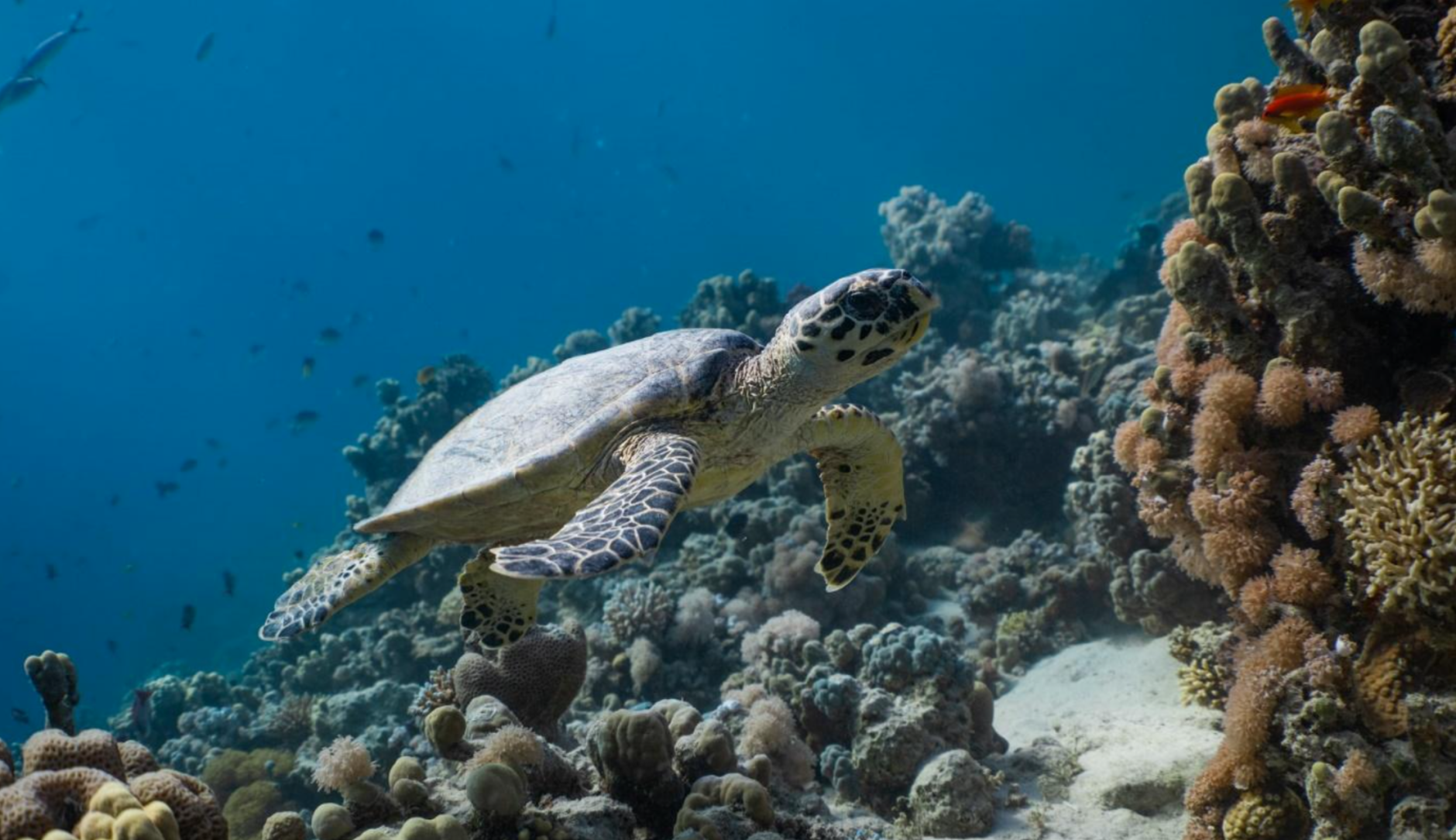Protecting Biodiversity: How an EU Positive List Can Make a Difference
Exotic pet trade threatens biodiversity and animal welfare. Volt’s proposal for an EU-wide positive list aims to regulate which species can be traded, ensuring safer and more sustainable practices. Discover how this policy can protect our ecosystems and enhance public health.

What you’ll learn in this article
This article explores the benefits of implementing a positive list and how this policy can effectively create a better future:
The exotic pet trade is a concern due to its harmful impact on species conservation, public health, and the ethical treatment of animals.
A positive list can improve the exotic pet trade by clearly defining which species are safe and sustainable to trade, thus preventing the exploitation of at-risk animals.
Implementing a positive list will help protect endangered species, reduce public health risks, and ensure higher standards of animal welfare.
Ensuring the positive list works requires effective enforcement, public awareness, and international cooperation to regulate and monitor the exotic pet trade.
Volt envisions a future where the exotic pet trade is ethically managed, biodiversity is protected, and public health and animal welfare are prioritized across Europe.
Why is exotic pet trade a concern?
The concerns surrounding the exotic pet trade are longstanding. Within the European Union, the European Parliament addressed these concerns back in November 2022. However, the push for implementing an EU-wide positive list to regulate the trade continues into 2024 – and is to persist. Key concerns include:
Animal Welfare since many species suffer greatly in captivity due to …
inadequate care (results chronic stress; poor physical health).
improper housing (leads to insufficient space and unsuitable environments).
a lack of understanding of their complex needs (causes difficulties in providing appropriate nutrition, social interaction, and environmental enrichment).
Another significant concern is the public health risk associated to the exotic pet trade. For example, zoonotic diseases can spread more easily when humans are in close contact with wild and exotic animals. The European Parliament investigated on that matter back in 2020. The investigation was prompted by evidence that the COVID-19 pandemic has connections to wildlife markets:
“Human activities, such as trade in wildlife, increase opportunities for animal–human interactions and facilitate zoonotic disease transmission. Several significant diseases, including Ebola and the severe acute respiratory syndrome (SARS) outbreak, have been traced, in part, to substantial animal-human contact along the trade chain. Current information suggests that the Covid-19 pandemic may have started from a local Chinese wildlife market.”
Other diseases like salmonella and monkeypox have also been linked to the exotic pet trade, making it a public health concern.
Following the route of concern, a further issue is that the pet trade contributes to the decline of species populations and disrupts ecosystems. This depletion of wildlife can lead to imbalances in ecosystems, with far-reaching consequences for biodiversity. Additionally, when exotic pets escape or are released into the wild, they can become invasive species, threatening native wildlife and habitats.
Lastly, we will need to look at the dark sides of trading living creatures: the illegal wildlife market. Over history, there have been many cases where this trade has led to significant sufferings. The extent of these negative impacts includes mass extinctions of countless species, the destruction of the largest ecosystem on our planet – the oceans – and the spread of numerous diseases, as well as the endangerment of human lives.
Moreover, the illegal wildlife trade often overlaps with illegal activities. The demand for rare and exotic animals fuels a black market that exploits wildlife and undermines conservation efforts. Given these concerns, the push for an EU-wide positive list aims to create a more standardized and precautionary approach to the exotic pet trade. Such a list would clearly define which species are suitable to be kept as pets, helping to protect animals, humans, and the environment.
White Paper by Leonie Sophie Kubis